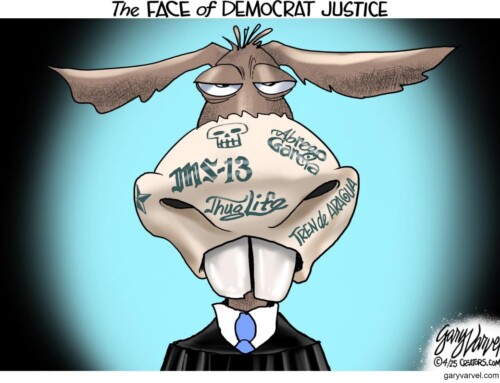As owners and operators of a small business (emphasis on small), my wife and I have been anxiously waiting and watching as snippets of the Obama Care Law have been implemented, to see how these implementations would affect our residential remodeling business. I would like to discuss some of these changes from business perspectives.
One of the perks of our business model is getting to meet and develop relationships with a wide variety of people, from all walks of life, whether they are clients, vendors or sub-contractors. In the interactions with these fellow professionals we often have discussions about the economy and factors affecting our intertwined relationships. The discussion about Obama Care (and that is exclusively how the Affordable Care Act is referred as) is moving to the top of the list of topics in direct proportion to the increments by which the law is being implemented.
From our business perspective, what started out as a letter from our insurance carrier, stating they were not sure how the law would affect either the employers, the policy holders, the insured or the insurance company itself, but that they were eager to comply and were working to interpret the law and that they would keep us up to date as they understood the new requirements, has evolved to a series of interesting and, at times disappointing, letters and requests. Not all of it sounds bad – the option to keep your children insured until age 26, does have appeal to many, there have been a few changes that affected our coverage limits in a positive manner, and there was even a rebate for part of last years premiums! – But, I can honestly say that for our business, even with the rebate, the bad outweighs the good.
Let’s focus on that rebate. One day this check surprisingly shows up in the mail, the amount was small, around $285, and there was a brief letter enclosed stating the rebate was a result of the Medical Loss Ratio Rule and if your group plan is a non-Federal governmental plan, the employer needed to handle the rebate in one of two specific ways. If your plan is a church plan, the same rules would apply as a non-Federal government plan. If your plan is not one of the preceding, it LIKELY is subject to the Federal Employee Retirement Income Security Act of 1974 (ERISA) and that the employer may have fiduciary responsibilities regarding the use of those rebates. What they failed to say was what those responsibilities would be or to provide a clear path in which to find the answer. Now we fall back to one of our other business relationships, our accountant who has not seen or heard of this yet either and will have research the rebate. About a week later, the insurance company sends individual letters to my wife and myself, as insured, explaining that the rebate would soon be distributed to our employer (excuse me, the check has already been received). The nice thing about this letter is that it actually provides clearer direction to the available information pertaining to handling the rebate. So the boss spends an hour trying to decipher what the information means, click here to see for yourself, throws his hands up and sends it to the accountant. Eventually the accountant sends her reply on how to handle the rebate, summing it up with the statement “I think this will work.” Did I mention our very trusting relationship with our accountant has been ongoing for seven years, or that out of all the questions I have posed to her I have never heard the summary statement I just received? Regardless, that rebate which only reduces this year’s premiums has now cost additional work for the accountant, the same for myself and will generate additional work on the tax returns for the company and us personally. That’s enough about the rebate.
There have been several other less time consuming things coming from the insurance company regarding the Obama Care changes, mostly some surveys and a mandated form to fill out clarifying the numbers of employees we have, but I won’t trifle with the small stuff.
We did have an interesting conversation with one of our clients yesterday. She’s a Dentist, her husband a Primary Care Physician and Surgeon; both are principles in their businesses, both along with their partners, are dealing with decisions regarding similar Health Care issues. The one issue that caught my attention the most was the decision to cancel the health insurance coverage they provide for their respective employees and their families. It seems the penalties for canceling the insurance are much less than the coverage. From a business standpoint, keeping the insurance would directly impact the health of their businesses, which together employee around ninety people. The bottom line here is nearly ninety employees, and in some cases their families, will be losing insurance coverage. Next they will be penalized for not having health insurance. Too bad this won’t happen until after November’s election!
For the employees reading this, if your employer has not shared his intentions with you, I encourage you to talk with your employer about the future of your Health Care. Please be patient, chances are he is having a difficult time with these changes too.
As for us, we’ll keep trying to sell work in this pathetic economy because, for now, we choose to keep our insurance.
Respectfully submitted,
Cmann





